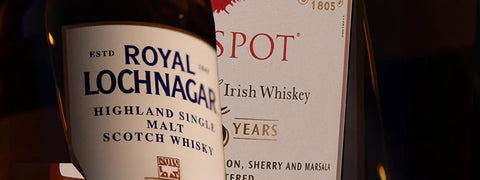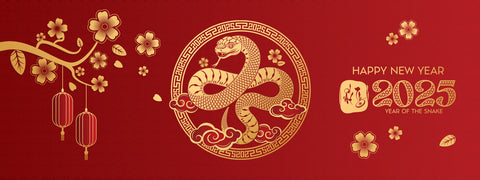Regarding the world of spirits, few things confuse people more than the difference between whisky and whiskey. While the distinction may seem trivial, it reflects deep-rooted traditions and legal definitions. The most significant factor? Where the spirit is made.
Whisky: Scotland’s Exclusive Claim
Under international regulations and Scotch Whisky Association (SWA) guidelines, only spirits distilled and aged in Scotland can legally be labeled as whisky. This is why “Scotch whisky” is such a prominent term. Scotland’s strict standards ensure that its whisky maintains a high level of quality and authenticity.
Key requirements for Scotch whisky include:
- Distillation and aging must take place entirely within Scotland.
- The spirit must be aged in oak casks for a minimum of three years.
- No additives, except water and caramel coloring, are permitted.
This exclusivity means that any similar product made outside of Scotland must use a different label, even if it follows the same production methods.
Whiskey: The Global Category
For all other countries, including Ireland, the United States, and Japan, the term whiskey is used. While these countries have their own traditions and regulations, they don’t claim the same geographic exclusivity as Scotland.
- Ireland: Irish whiskey is known for its smoothness, often triple-distilled for extra refinement.
- United States: American whiskey includes bourbon, rye, and Tennessee whiskey, each with unique production rules.
- Japan: While often influenced by Scotch methods, Japanese whiskey cannot legally use the term "whisky" unless specifically designated by local law.
Why Geography Matters
The distinction between whisky and whiskey isn't just about semantics - it’s about identity. Scotland’s insistence on the term whisky ensures that consumers recognize the regional heritage and craftsmanship behind the product. By contrast, whiskey serves as an umbrella term for similar spirits made elsewhere, allowing other countries to market their own styles.
Help is on hand for Whisky Enthusiasts.
Feel free to reach out to our team of experts if you have questions or need recommendations. We’re here to help you explore and enjoy the incredible variety this spirit has to offer.








